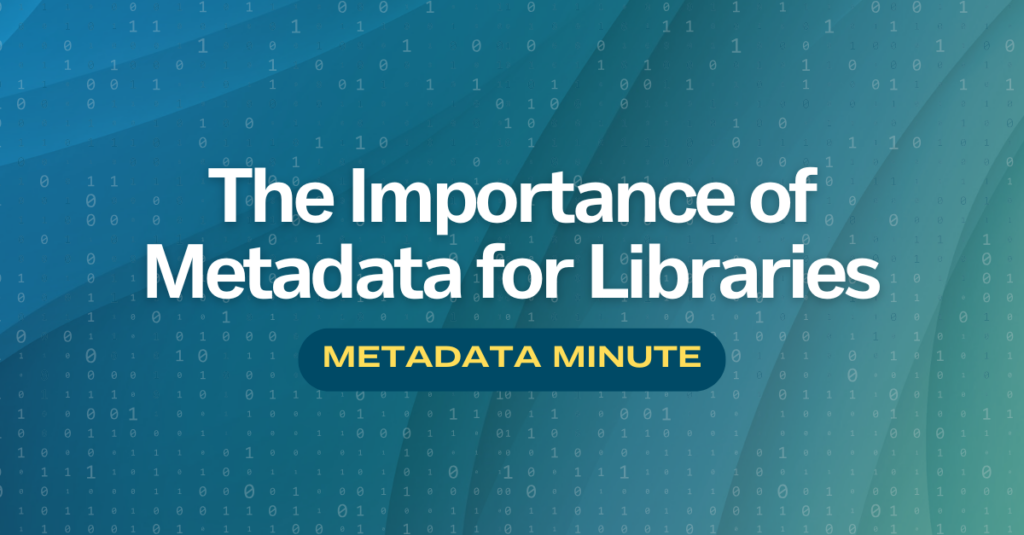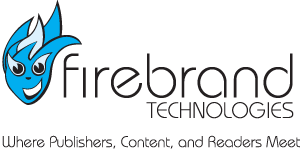
Metadata Minute (Issue #19): The Importance of Metadata for Libraries
Libraries are powerful partners in book discovery, but connecting with them requires thoughtful metadata strategies. With limited budgets and unique needs, libraries depend on metadata to make purchasing decisions—especially when buying digital titles. Publishers who invest in detailed, targeted metadata can significantly boost their books’ chances of being added to library collections.
Metadata Must-Haves for Libraries
- Professional Reviews and Endorsements
- Professional reviews are crucial for librarians, especially when evaluating books on sensitive or controversial topics.
- With their limited budget and the rise of banned books, libraries heavily rely on reviews for children’s and teens titles.
- Adding references to bestseller rankings, media coverage, or awards in descriptive fields can create a sense of urgency for acquisition.
- Audience-Focused Details
- Metadata with clear audience categories can make your titles more discoverable and relevant.
- Librarians often prioritize children’s picture and chapter books, adult fiction, and works from underrepresented regions like Central and South America or Central Asia.
- Digital Demand
- The demand for ebooks and audiobooks is increasing dramatically at libraries; however, digital copies can be expensive. Libraries often pay 5 times more than any retailer for an ebook and, therefore, tend to be much more selective on their purchases. Metadata that highlights accessibility features is imperative.
- DEI-Specific BISAC Codes
- Secondary BISAC codes, especially those highlighting diversity (e.g., “Biracial Romance” instead of just “Romance”), can make a title more appealing and easier to justify for acquisitions.
- Including DEI information in the first or second BISAC helps librarians address gaps in their collections.
- Patron Demand Drives Purchases
- Metadata should capture keywords and phrases that align with current trends or popular topics to increase discoverability through patron requests. Leveraging SEO-driven terms in descriptions, keywords, and subject headings can help titles surface during searches.
Metadata That Works for Libraries
Libraries are less likely to consult publisher catalogs but respond well to ARCs (advance reading copies), earned media coverage, and titles with strong metadata. In addition to the suggestions above, it is important to ensure your metadata features engaging, high-quality cover art that attracts digital borrowers.
By optimizing metadata for library audiences, publishers can not only increase their chances of being added to collections but also support libraries in their mission to nurture the next generation of readers.
What changes will you make to your metadata to better align with library needs? Let’s explore the possibilities together!
The Metadata Minute is your monthly guide to boosting book sales and visibility by mastering metadata elements! Whether you’re an author, publisher, marketer, or industry enthusiast, “Metadata Minute” has something to offer everyone.
🔍What to expect:
- Insights from industry experts
- Tips and techniques to perfect your metadata for backlist & frontlist titles
- The latest industry trends in metadata practices, ensuring you’re always one step ahead
- Case studies proving the power of metadata transformations
Subscribe today to receive the “Metadata Minute” newsletter on the last Monday of each month. If you missed it, they will also be included in our monthly Firebrand Newsletter, sent straight to your inbox.
